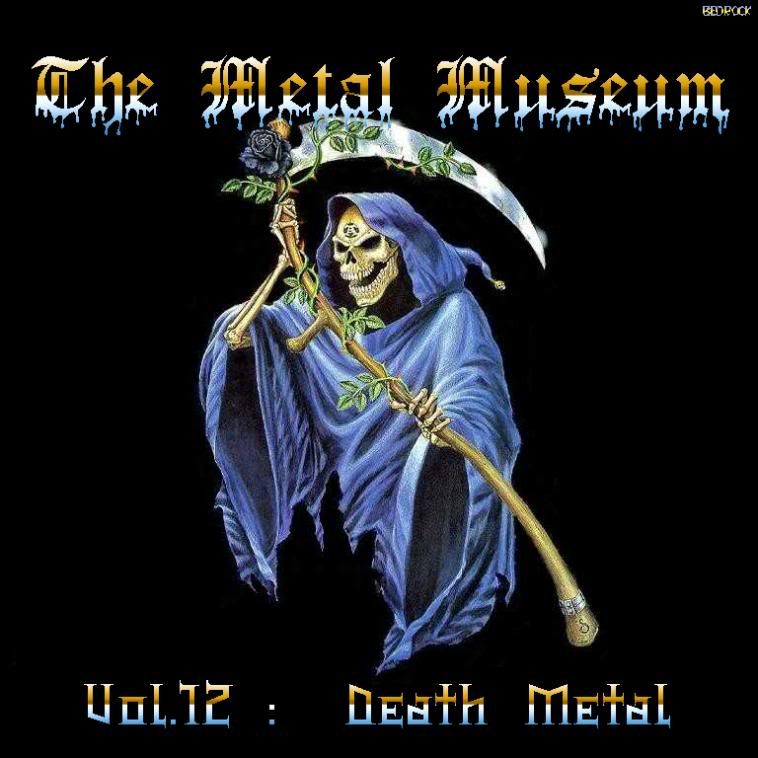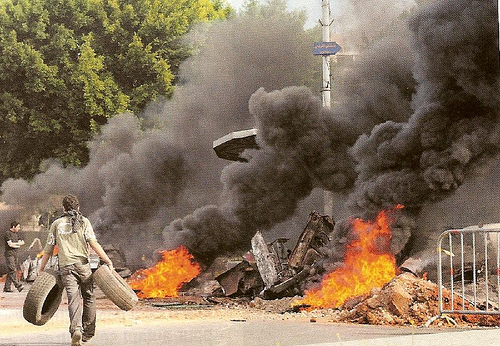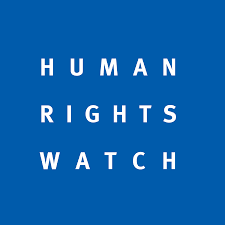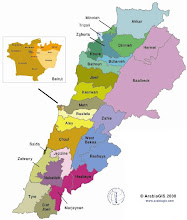 The most popular politician in the country, if not the region and if Obama was not around who knows... Ziad Baroud has put his full weight behind Proportional Representation (PR).
The most popular politician in the country, if not the region and if Obama was not around who knows... Ziad Baroud has put his full weight behind Proportional Representation (PR).It is clear that the current electoral system is not politically viable and a entirely new system will have to be adopted. The Boutros Commission proposed a semi-PR system and although rejected for the 09 election will be taken up again and debated for the 2013 election and a form of PR is expected to be used in the 2010 election (for a guide on different electoral systems).
So to PR:
"The principal of PR is that the seats in a constituency are divided according to the number of votes for party lists, but there are considerable variations in how this is implemented," Pippa Norris the election supremo summed up the PR electoral system.
So why are those interested in electoral reform in Lebanon going all starry eyed for PR, as opposed to the current first past the post (AKA plurality)?
Plurality emphasizes governability while PR focuses on the inclusion of the minority voice.
John Stuart Mill has outlined clearly, very shortly after the PR system was proposed, a wonderful defense of its virtues:
"When the individuals composing the majority would no longer be reduced to Hobson's choice, of either voting for the person brought forward by their local leaders, or not voting at all; when the nominees of the leaders would have to encounter the competition not solely of the candidate of the minority, but of all the men of established reputation in the country who were willing to serve; it would be impossible any longer to foist upon the electors the first person who presents himself with the catchwords of the party in his mouth, and three or four thousand pounds in his pocket. The majority would insist on having a candidate worthy of their choice, or they would carry their votes somewhere else."
Was the PR system made for Lebanon I hear...
Positives and negatives of PR in Lebanon:
1. Easing political polarization - PR could allow for independents to come through. For instance if Mouth Lebanon was one district and there were 10 seats if Lebanese Forces and Kataeb got 200,000 votes, Change and Reform 300,000 votes and then lets say Lahoud's Democratic Renewal 100,000 and the newly created "we are going in the center of everything you say party" 100,000 votes and "We are extreme" 100,000. Change and Reform would not win all ten seats as in the plurality system but would receive 3 of the seats, LF 2 and so on (this of course also depends on the type of PR system used). Thus, the system would give representation for all those voters whose votes would have otherwise been 'lost' if it was a first past the post. It would have been easier for a Presidential bloc to have emerged as it would have allowed all 'independents' to run without having to go under a March 8/March 14 list.
2. Creation of national parties but increased sectarianism - If the above system described in Mount Lebanon was done across the nation parties would become a lot more national and not just have political representation, as is the case now, where their supporters are the outright majority. However, becuase political parties in Lebanon are based on confession this would mean that no longer would you vote for a Shia candidate if you were Christian and vise versa. The likely scenario for Lebanon would be the further entrenching of sectarianism with Christians only voting for Christian parties and Sunni for Sunni.... You would not longer get Muslims voting in Christian representatives that has been a major complaint of the Christian community.
3. Rise of extremist parties - While the advantages are that more parties can express their political views and the a fuller plurality of opinion this also comes with the disadvantage that those with more extremist views are not pushed to the center by the main parties. The "We are extreme" party no longer has to make deals with mainstream parties and can now go it alone.
4. Unstable coalitions - As stated at the start PR emphasizes the inclusion of the minority voice where as plurality focuses on governability. Thus, PR could have the potential to weaken an already fragile governmental structure. It is not clear that PR is the best system for inceasing the capacity and strength of the state. You just have to look at Italy and Israel to see how unstable coalitions can be ruinous to the creation of stable governments. Unlikely coalitions are nothing new in Lebanon but having many of these coalitions based on my enemy's enemy.... could be potentially devastating.
A web of complexity awaits the debate about PR that has more forms than Lebanon has cedars...So let the debate begin




















